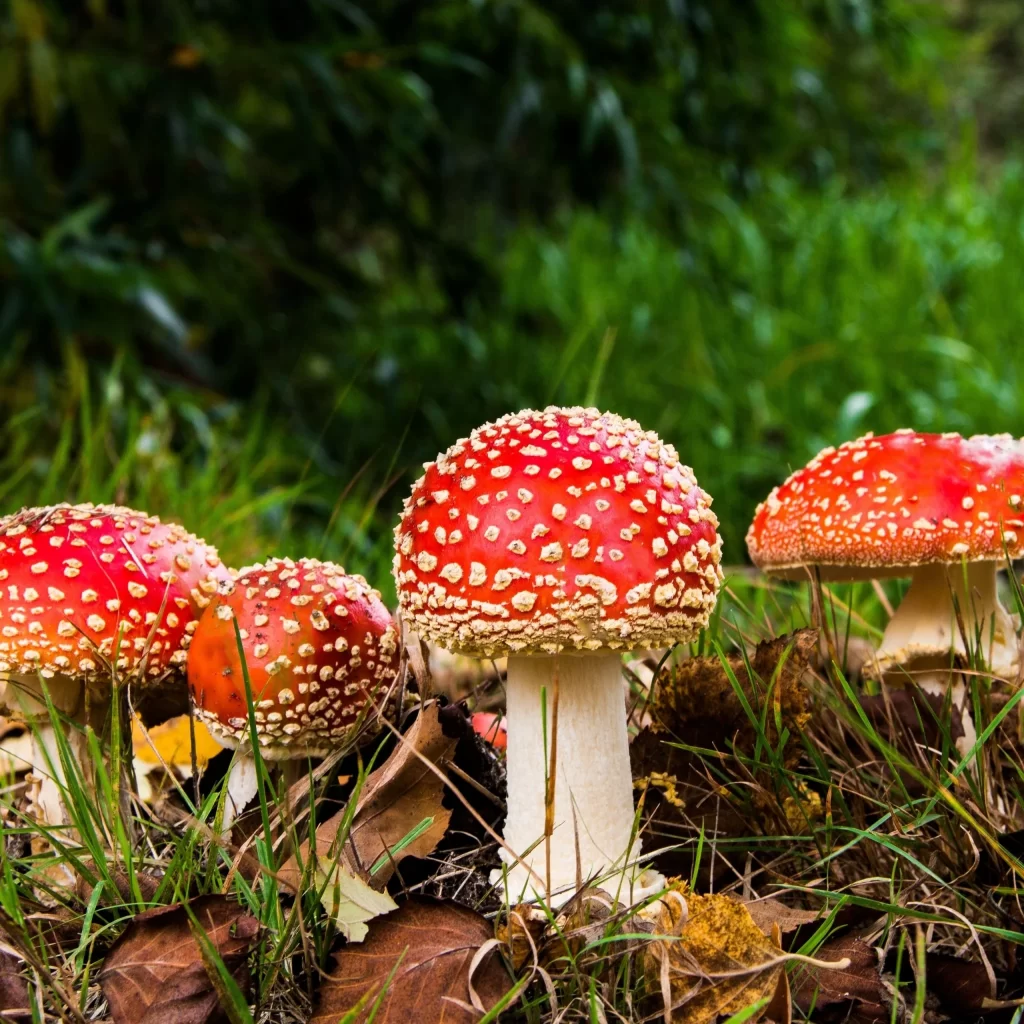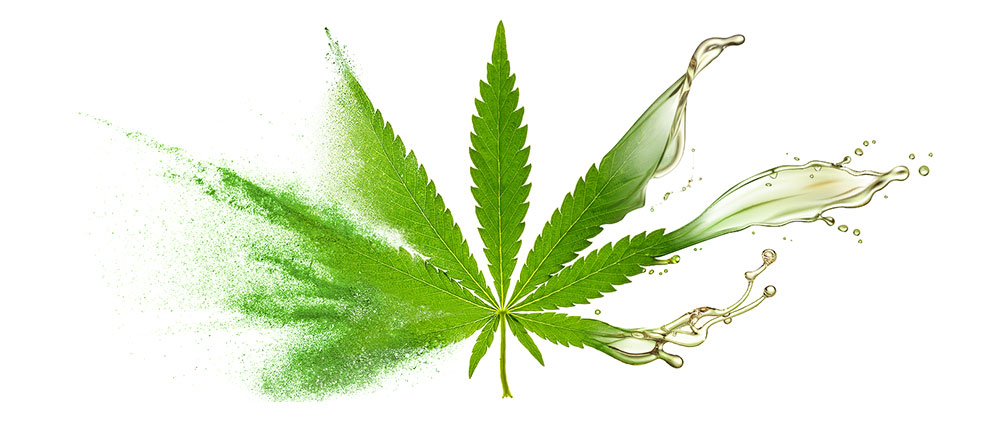Amanita muscaria, commonly known as the fly agaric mushroom, has long been recognized for its striking appearance and its role in various cultural and spiritual practices. Recently, there has been a growing interest in harnessing the potential benefits of Amanita muscaria through more accessible and palatable forms, such as gummies. These gummies represent a novel approach to experiencing the mushroom’s properties, offering a range of potential benefits for natural wellness enthusiasts. One of the primary benefits of Amanita muscaria gummies is their potential to promote relaxation and alleviate stress. The active compounds in Amanita muscaria, including muscimol and ibotenic acid, are known to interact with the central nervous system. These interactions can produce calming effects, helping to reduce anxiety and improve overall mental well-being. For individuals struggling with the pressures of modern life, incorporating these gummies into their routine may offer a natural alternative to pharmaceutical options, providing a gentler way to unwind and find mental clarity.

Moreover, Amanita muscaria gummies may support improved sleep quality. Many users report experiencing more restful and rejuvenating sleep after consuming these gummies, likely due to their ability to induce relaxation. Quality sleep is essential for maintaining overall health, and the natural sedative effects of Amanita muscaria could provide a valuable tool for those suffering from insomnia or other sleep disturbances. By promoting deeper and more consistent sleep patterns, these gummies can contribute to enhanced physical and mental vitality. In addition to their stress-relief and sleep-enhancing properties, Amanita muscaria gummies are also believed to have potential cognitive benefits. Some research suggests that the compounds in Amanita muscaria may enhance neuroplasticity, the brain’s ability to adapt and form new connections. This could potentially improve learning, memory, and overall cognitive function. For individuals seeking to boost their mental performance and protect against age-related cognitive decline, these gummies might offer a promising avenue for natural brain health support.
The mushroom’s compounds have been explored for their analgesic properties, with some studies indicating that they may help alleviate various types of pain, including chronic pain conditions. By offering a natural option for pain relief, these gummies could benefit those looking to manage discomfort without relying solely on conventional painkillers, which often come with undesirable side effects. While the psychoactive effects are typically not the focus of gummy formulations, there remains a fascination with the mushroom’s potential to enhance introspection and spiritual experiences. For some, consuming amanita muscaria gummy may serve as a means of exploring altered states of consciousness in a controlled and safe manner, potentially leading to personal insights and a deeper connection with oneself. In summary, Amanita muscaria gummies present an intriguing opportunity to tap into the natural benefits of a historically significant mushroom. From promoting relaxation and enhancing sleep quality to supporting cognitive function and pain management, these gummies offer a multifaceted approach to natural wellness. As interest in alternative and holistic health solutions continues to grow, Amanita muscaria gummies could become a valuable addition to the array of natural remedies available to those seeking balance and well-being in their lives.
